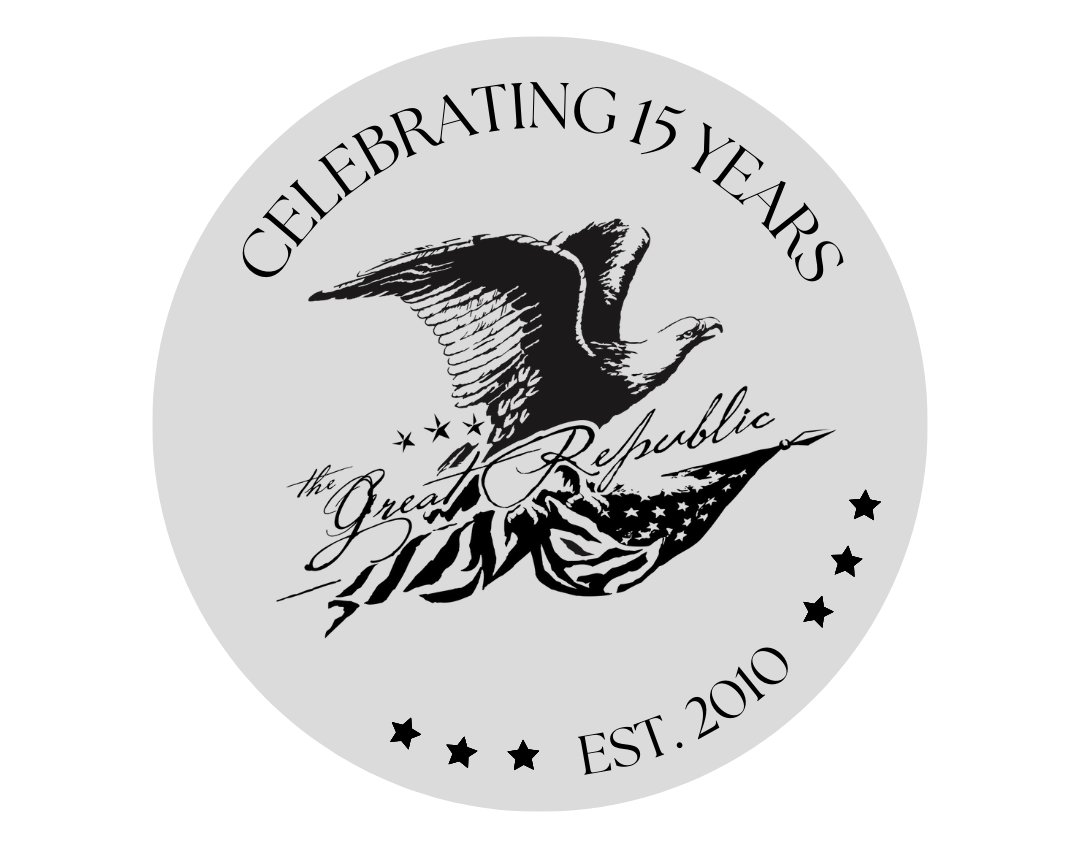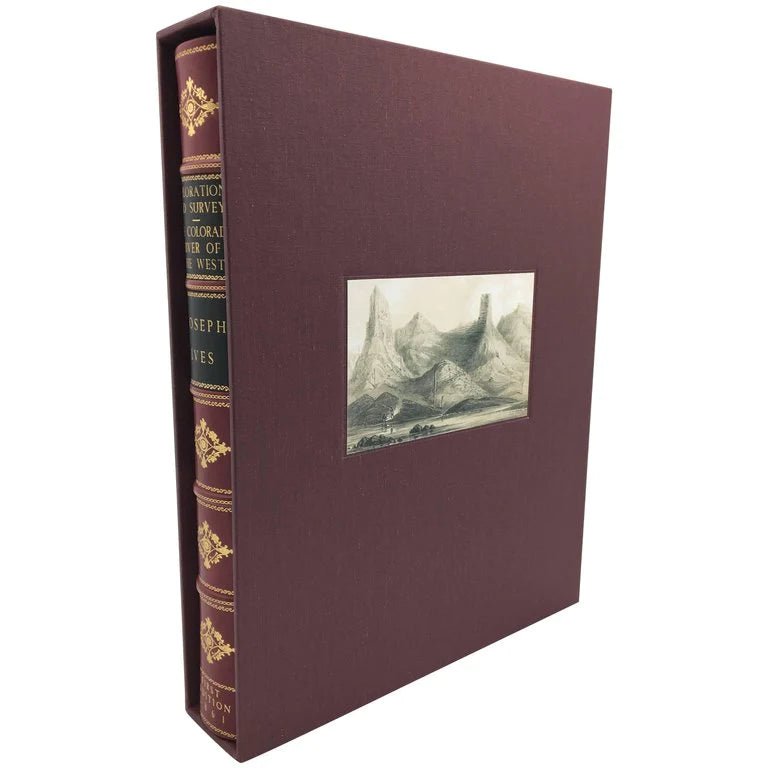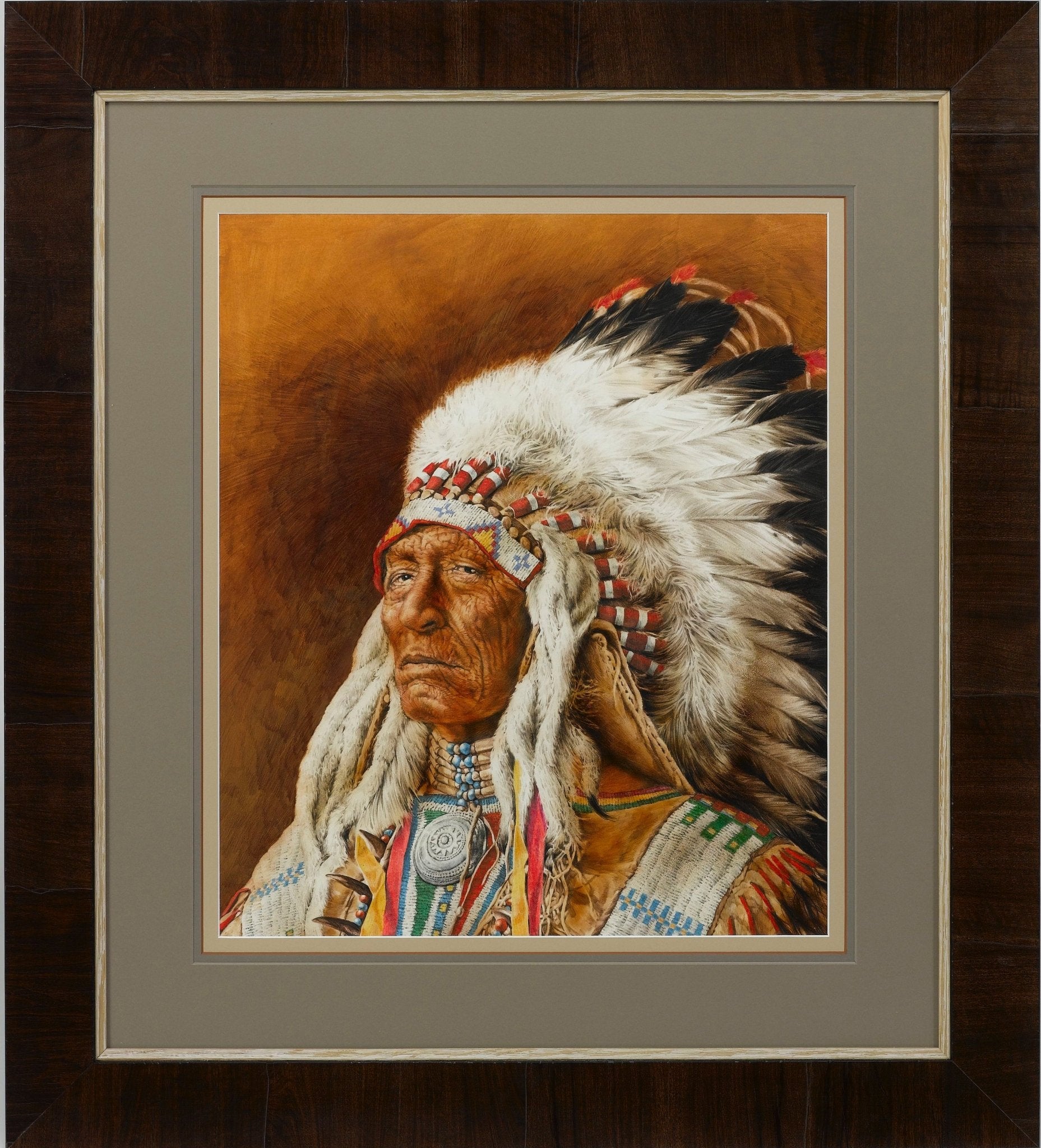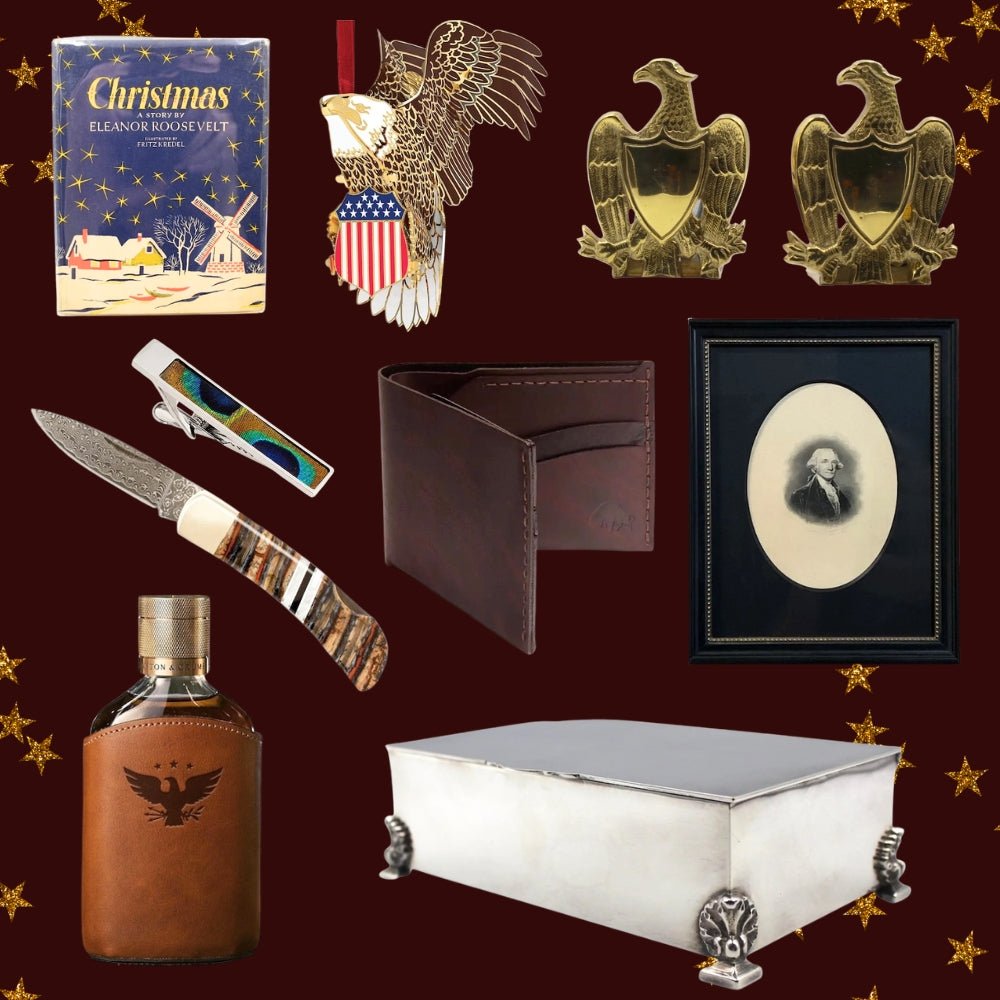Remembering Admiral Halsey
Early Life
William Frederick Halsey Jr. was born on October 30, 1882 in Elizabeth, New Jersey. He attended primary school in California and went to college in Maryland, where he was appointed to the U.S. Naval Academy by the 25th U.S. President, William McKinley in 1900. He graduated from the U.S. Naval Academy in February 1904 and spent the next two years at sea. He was then commissioned Ensign in February 1906. Due to his hard work and dedication, he quickly moved up the ranks and during World War I he received a temporary promotion to Commander. He joined the USS Missouri after graduating and over the next few years transferred to a number of different ships. In 1918 he assumed Command of the USS Benham and then transferred over to the USS Shaw. For his service and command over these ships, Admiral Halsey was awarded the Navy Cross for the "important, exacting, and hazardous duty of patrolling the waters infested with enemy submarines and mines, in escorting and protecting vitally important convoy of troops and supplies through these waters, and in offensive and defensive action, vigorously and unremittingly prosecuted against all forms of enemy naval activity." (Naval History and Heritage Command)
After some time out at sea, he worked in the office of Naval Intelligence at the Navy Department in Washington, D.C starting in 1922. Through this work he reported as Naval Attaché at the American Embassies in Berlin, Germany, Norway, Denmark and Sweden in 1922 and 1923. At the age of 52 he made the move to Pensacola, Florida to the Naval Air Station for flight training where he became a designated Naval Aviator on May 15, 1935. Up to this point, Admiral Halsey had not only gained a lot of experience, but a great reputation as an admirable and powerful leader in the Navy.
Pearl Harbor

When the Japanese attacked Pearl Harbor on December 7, 1941, Admiral Halsey was commander of the USS Enterprise. After hearing about the attack, Admiral Halsey and his force made a foray into the Gilbert and Marshall Islands and then helped bomb Wake Island and Marcus Island with his cruisers and destroyers. Some war bond posters, like our "Wake- America's Beach of Bayonets" Vintage WWII Marine Corps Recruitment Poster, by Guinness, 1942 example mention places like Wake Island as a recruitment tactic for young men to sign-up and serve.
For Admiral Halsey's service in the Gilbert and Marshall raids he was awarded the Distinguished Service Medal for "distinguished service in a duty of great responsibility as Commander of the Marshall Raiding Force, United States Pacific Fleet, and especially for his brilliant and audacious attack against the Marshall and Gilbert Islands on January 31, 1942. By his great skill and determination, this drive inflicted heavy damage to enemy ships and planes." The USS Enterprise was also awarded the Presidential Unit Citation, the first carrier to have said honor, for "consistently outstanding performance and distinguished achievements during repeated action against enemy Japanese forces in the Pacific war area, December 7, 1941, to November 15, 1942.", which Admiral Halsey received the Ribbon for on February 6, 1942. (NHHC)
Admiral Halsey and his force also escorted the Hornet aircraft carrier into Tokyo, which launched Army planes for the bombing raid led by Lieutenant General James Doolittle. Forces under his command also had victories at the Battle of Santa Cruz and Battles at Guadalcanal. After the attack on Peal Harbor and the battles that followed he was promoted to Admiral in November 1942 and commanded Naval, Marine, and Army ground and air forces for 16 months. He was crucial in bringing the different branches of military together to realize they were stronger as one unit all fighting for the same cause. For his "daring initiative and superb tactical skill" he was also awarded a Gold Star in lieu of Second Distinguished Service Medal and awarded a Distinguished Service Medal by the War Department in Spring 1944. (NHHC)
Third Fleet
In the Summer of 1944 he assumed command of the Third Fleet. With the help of his relentless forces, they inflicted the greatest loss on the Japanese fleet than any other fleet had suffered up to this point. He also had major influence on President Franklin D. Roosevelt, urging for early landing at Leyte and revision to the campaign plan, which the president abided by. His Third Fleet also engaged in supporting the Western Carolines and Philippine Islands operations. During this time, 4,370 enemy aircraft were destroyed, 82 enemy combat ships sunk, and 372 enemy auxiliaries and miscellaneous ships sunk. On our side, only 449 planes and one carrier lost were in combat. (NHHC) For his efforts, he was awarded his second Gold Star in lieu of a Third Distinguished Service Medal.
In the Okinawa campaign, the Third Fleet participated in the first combined American-British bombardment onto Japanese soil. Later that year he made air strikes to the Japanese naval base, that being the 3rd time in 3 weeks they made a strike at Tokyo. After these attacks, Admiral Halsey was awarded his third Gold Star in lieu of a Third Distinguished Service Medal for "exceptionally meritorious service to the Government of the United States in a duty of great responsibility as Commander THIRD Fleet... Admiral Halsey placed in action the greatest mass of sea power ever assembled and initiated attacks on the enemy's naval and air forces, shipping, shipyards and coastal objectives to support Ryukyus operations and to protect sea and air communications along the Central Pacific Axis." (NHHC)
On August 14, 1945 Japan declared acceptance of the terms of the Potsdam Proclamation. Fleet Admiral Chester W. Nimitz, Admiral Halsey, and General of the Army Douglas MacArthur were all there for the signing of the formal surrender of the Japanese Imperial Government on September 1, 1945. After the war, in Fleet Admiral King's final official report, he stated that "This impressive record speaks for itself and helps to explain the sudden collapse of Japan's will to resist."(NHHC)
Admiral Halsey relinquished command of the Third Fleet in November 1945, but their slogan of "hit hard, hit fast, hit often" carried on. He was then assigned to Special Duty in the office of the Secretary of the Navy in Washington, D.C.

Our impressive Navy 5-Star Admirals Collage features Chester Nimitz, William Halsey, Ernest King, and William Leahy, the four World War II Navy admirals to ever wear the five-star rank. This amazing piece of U.S. Naval history features signed items from each Admiral, who are all considered some of the finest admirals in the history of the Navy.
Later Life

After being assigned to Special Duty, he fulfilled a new role as a goodwill ambassador for Mexico, Cuba, Brazil, Uruguay, Chile, Peru, Ecuador, Colombia, Venezuela, Panama, and Guatemala during a six week goodwill trip throughout South America. During this trip he covered 28,000 miles of Central and South American jungle, mountains and coastlines, totaling 141 hours in the air. (NHHC)
Admiral Halsey received numerous honors near the end of his retirement, including parades, reviews, gifts and military decorations. To top it all off, he received awards from 8 different nations. On March 1, 1947, per his own request, at the age of 65, he was transferred to the Retired List of the Navy.
In 1959 on August 16, at the age of 77, Admiral Halsey died at Fishers Island Country Club off the shore of Connecticut. He was buried with full military honors at Arlington National Cemetery in Washington, D.C. on August 20, 1959.

Admiral Halsey is a WWII American naval hero and an inspiration to men who dedicate their lives to service this great country. Our first edition autobiography, Admiral Halsey's Story by William F. Halsey and J. Bryan is signed and inscribed by Admiral Halsey. This book gives a first-hand look into Halsey's life during the war and unique insights and inner-workings of this unforgettable historical figure. It is a great piece of Navy memorabilia for any book and Military collector.
Check out our Navy Memorabilia collection here!
Resource: “Halsey, William Frederick.” Naval History and Heritage Command, https://www.history.navy.mil/content/history/nhhc/research/library/research-guides/modern-biographical-files-ndl/modern-bios-h/halsey-william-f.html. Accessed August 18, 2022.






